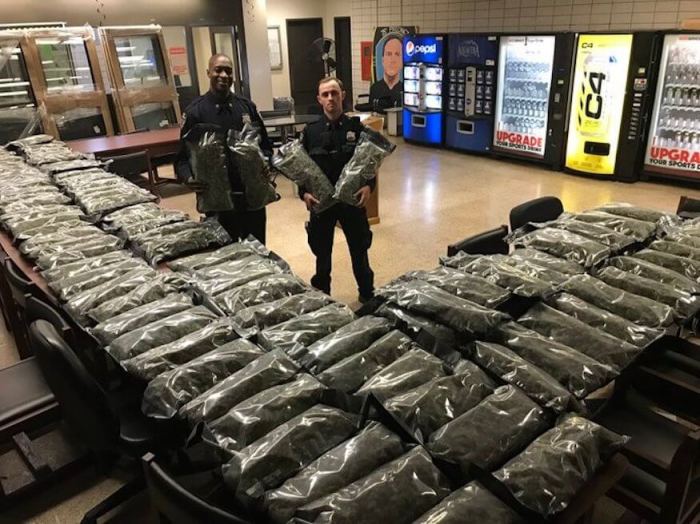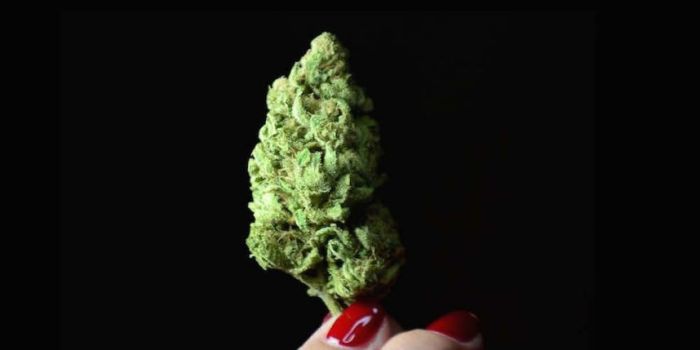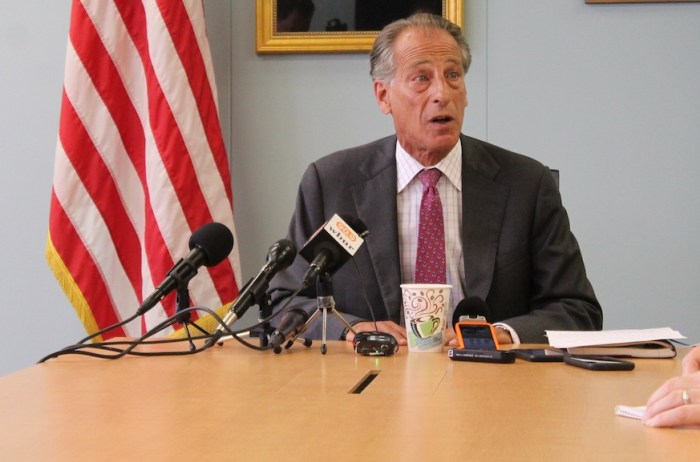Massachusetts voted Tuesday to join Colorado, Washington, Oregon and Alaska to legalize the use of recreational marijuana.
California and Nevada also voted for legalization, while Arizona voters rejected the move. Maine is still too close to call, but 51 percent of tallies were in favor as of 3 a.m., the Portland Press Herald reported. Massachusetts isn’t completely new to welcoming weed—residents here approved medical marijuana in 2004 and it’s been decriminalized since 2008. Passage of the measure means that anyone 21 and over will be able topurchase marijuana. Residents can carry up to one ounce of marijuana or five grams of hash on them at a time and they can store up to 10 ounces in their homes, as well as grow up to six marijuana plants. Eric Strader, 32, said that Question 4 was the most important question for the Commonwealth.
“Marijuana is huge for the state, and this question shows the change in our society from years ago,” he said.
Some Boston residents noted that while people may not take issue with the idea of recreational marijuana, it comes down to how the new law regulates it. Matthew Shochat, 32, said that marijuana isn’t entirely harmless, but mostly is hung up on what won’t be allowed with this law. “This does not change workplace drug policies, including drug testing by employers,” he said. “[Also,] the measure does not include zoning laws that would mean that many pot shops could crop up in a single location… in places like school zones.” On top of the state’s 6.25 percent sales tax, marijuana itself and infused products would also be subject to a 3.75 percent marijuana tax. Cities and towns throughout the state can add on an additional 2 percent tax. Nikki M. Mascali contributed to this report.
Massachusetts becomes first East Coast state to legalize recreational marijuana

Getty Images/Frederic Brown
Starting Dec. 15, residents in Massachusetts will be able to posses small quantities of marijuana and grow plants their home. It is expected that retail sales will begin in 2018.
Gov. Charlie Baker, a Republican who opposed legalization, said in a news release that he will work “to ensure this transition protects the interests of our communities and families.”


















